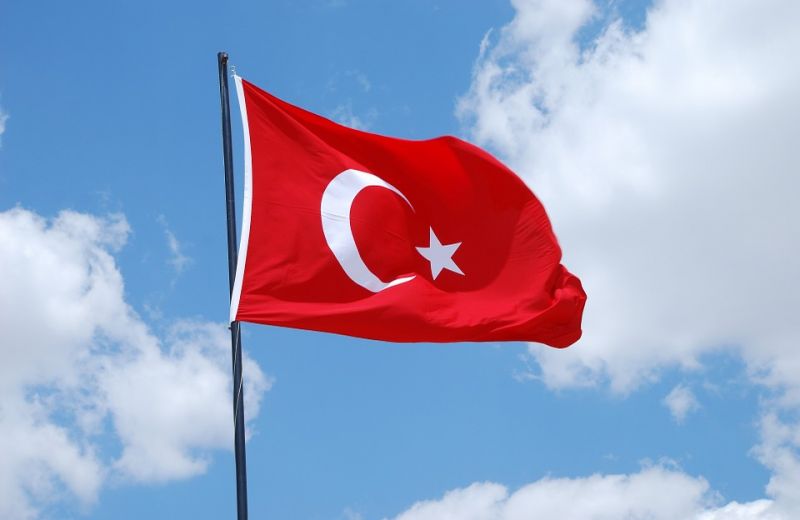 Op-eds
/ Israel and the East Mediterranean
Op-eds
/ Israel and the East Mediterranean
The New Year’s Eve attack in Istanbul does not bode well for 2017 in Turkey, signifying the continuation of the rise in terrorism the country has been experiencing in the past few years. According to the Global Terrorism Index, in 2014, 20 people were killed in terrorist attacks in Turkey, and in 2015 that number jumped to 337.
The trend continued in 2016. Terrorist attacks were carried out in central and symbolically significant places in Ankara and Istanbul, including the central pedestrian street, the airport, a soccer stadium and now a high-end nightclub. Turkey currently has the highest number of terror victims of any OECD country, and a solution to this issue is not yet on the horizon.
Terrorist attacks in Turkey in recent years have been carried out by two main perpetrators: the Islamic State group, in protest against the campaign Turkey is waging against it in Syria and Turkey’s cooperation with the international community on that front; and the Kurdish resistance, in a call for Kurdish independence and in protest against Turkey’s military efforts to distance the Kurds from its Syrian border. While the Islamic State attacks are mainly aimed at civilians and tourists, the Kurdish resistance directs its attacks mainly against members of the Turkish security forces.
The growing motivation of both these groups to carry out attacks against Turkey, alongside their easy access to the country in light of its long borders with Syria and Iraq, form the basis for the dramatic rise in terrorism in Turkey. Additionally, Turkey’s growing involvement in events in Syria, including in military operations that Turkey had avoided in the early years of the conflict, contributes to this situation and increases the desire and the sense of urgency among its enemies to carry out attacks against it, on its territory.
The Turkish defense establishment has had difficulty responding to this phenomenon so far. The consequences of the attempted coup against Turkish President Recep Tayyip Erdoğan last July, including the arrests of military and police officers, are not making it any easier to deal with the problem.
In a speech Erdoğan gave on December 31, before the nightclub attack, he stated that his country was facing a “new war of liberation” against the challenges of terrorism. After the attack, he stressed that terrorism in his country is also related to regional events, and that Turkey is determined to eradicate it.
Nevertheless, Turkey is required to deal with these challenges at a time of ongoing tension between it and its traditional Western allies. While Turkey enjoys security cooperation with these countries by virtue of its NATO membership, it seems this is not enough.
Given this reality, some in Turkey expect that the reconciliation with Israel will help with the war on terrorism. Although the Israeli government is highlighting natural gas as the central factor in its decision to normalize relations with Turkey, Turkish interests are also focused on renewed security cooperation with Israel, as revealed in a policy dialogue conducted in Turkey at the time of reconciliation by the Mitvim Institute and the Global Poitical Trends Center, think tanks focused on regional foreign policies.
The New Year’s Eve attack in Istanbul included Israeli victims, for the second time in the past year. Israeli President Reuven Rivlin offered condolences in Turkish. New ambassadors were posted in Turkey and in Israel about a month ago. The infrastructure for a new chapter in the relationship is already in place. Hopefully, this chapter will not be primarily characterized by shared bereavement and a war on terrorism, but by regional cooperation and the pursuit of peace.


